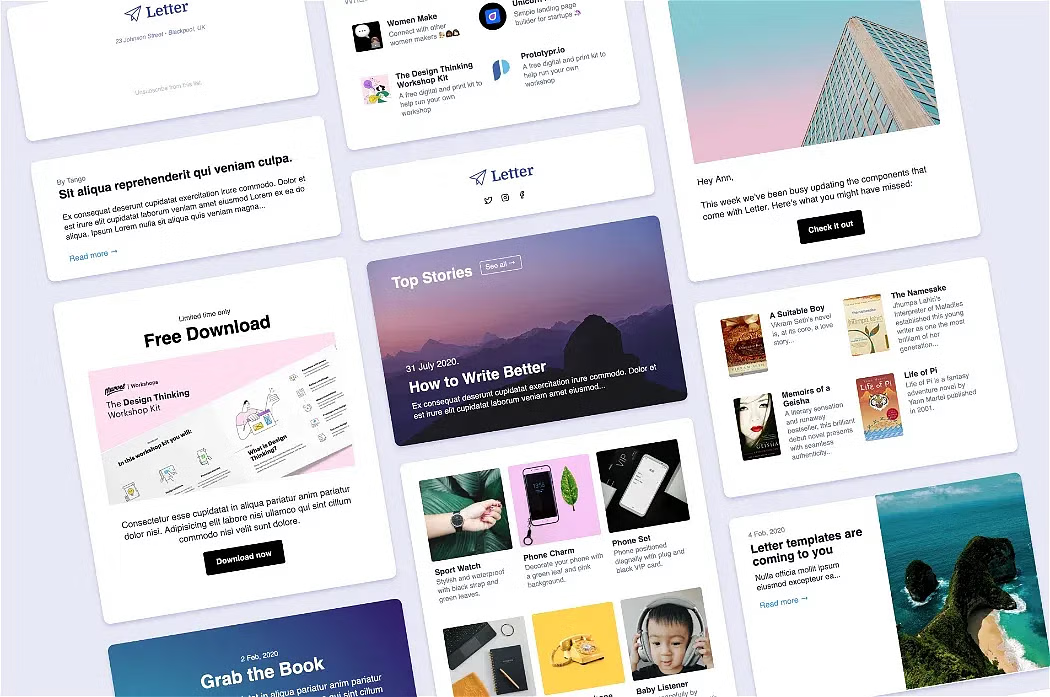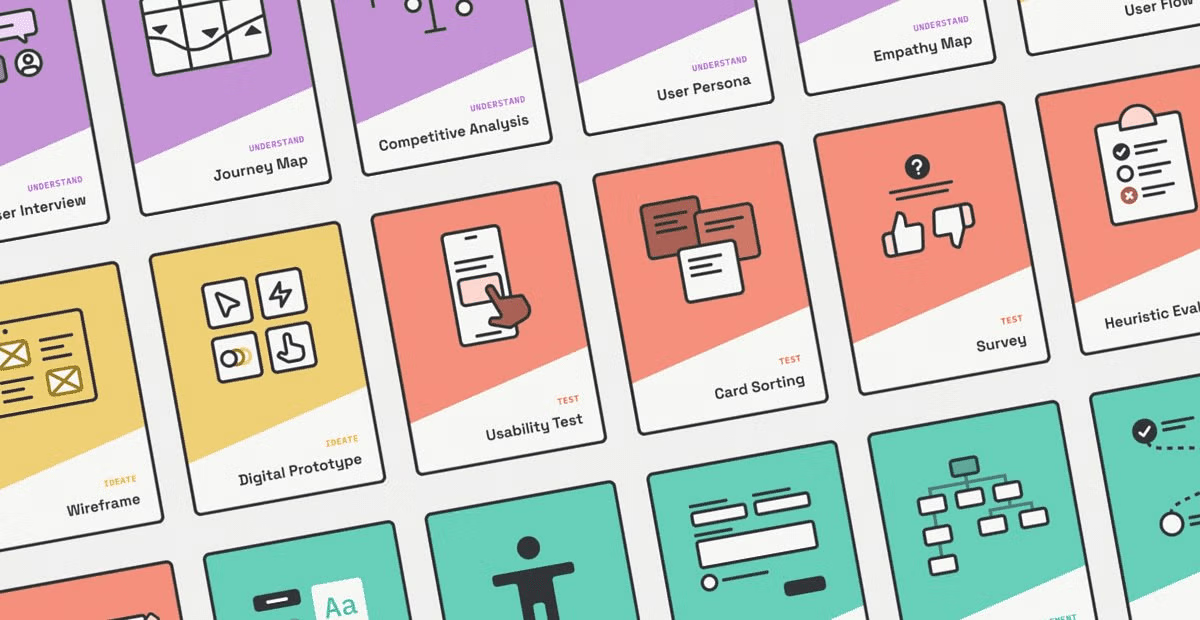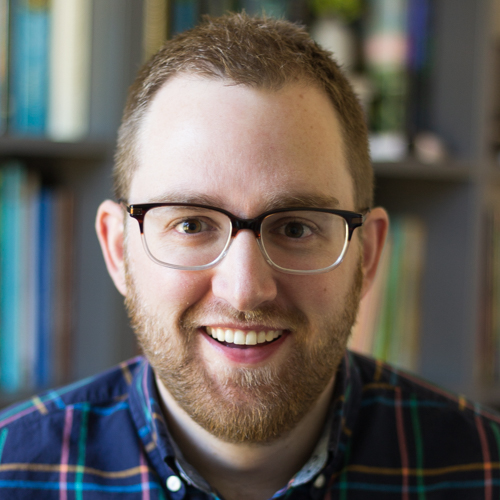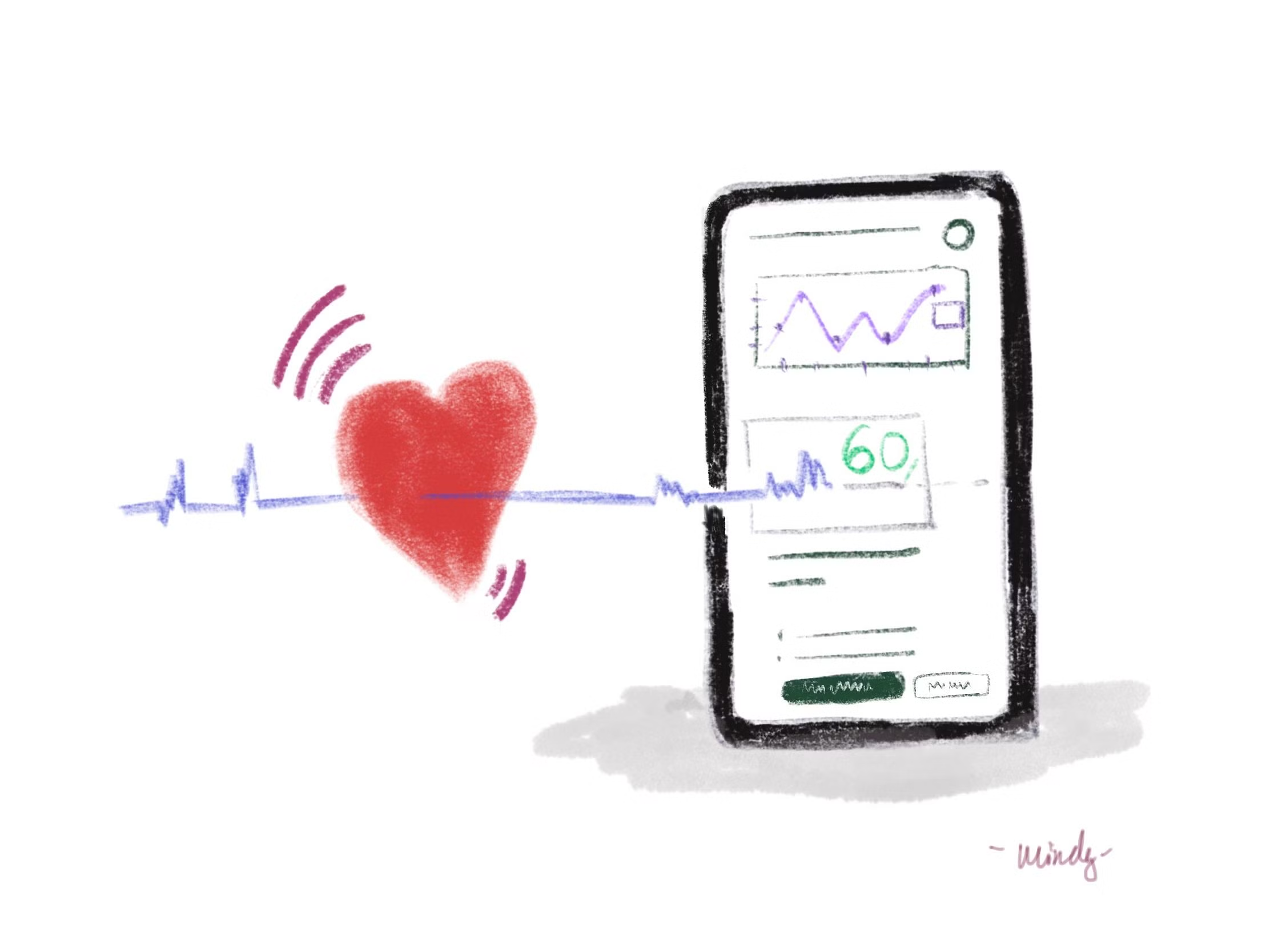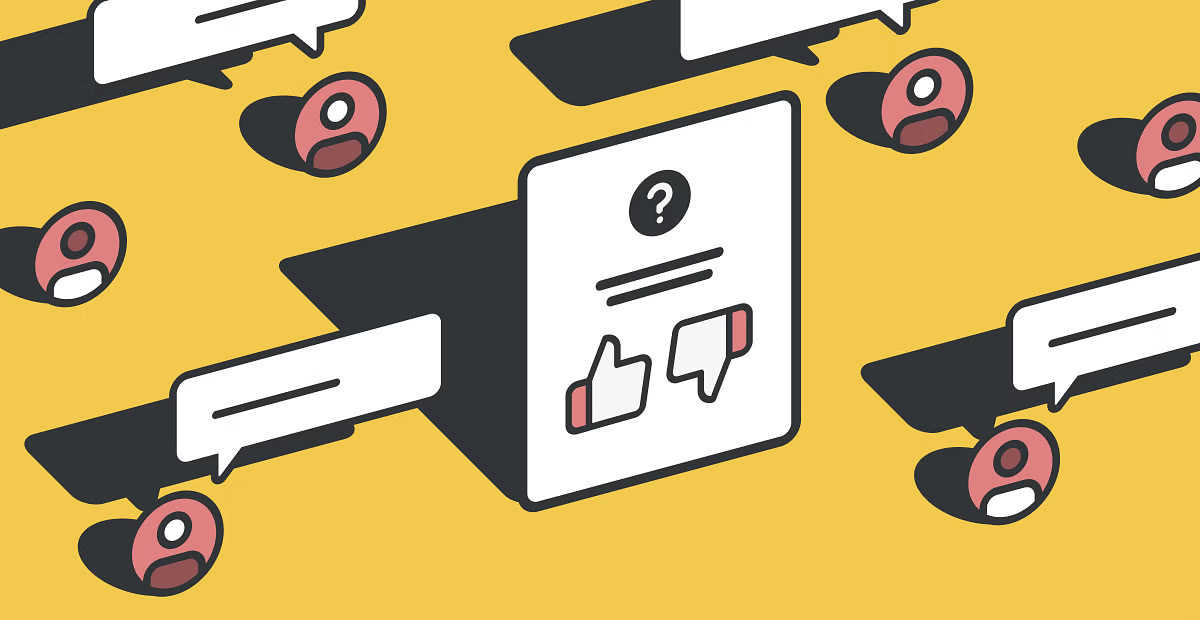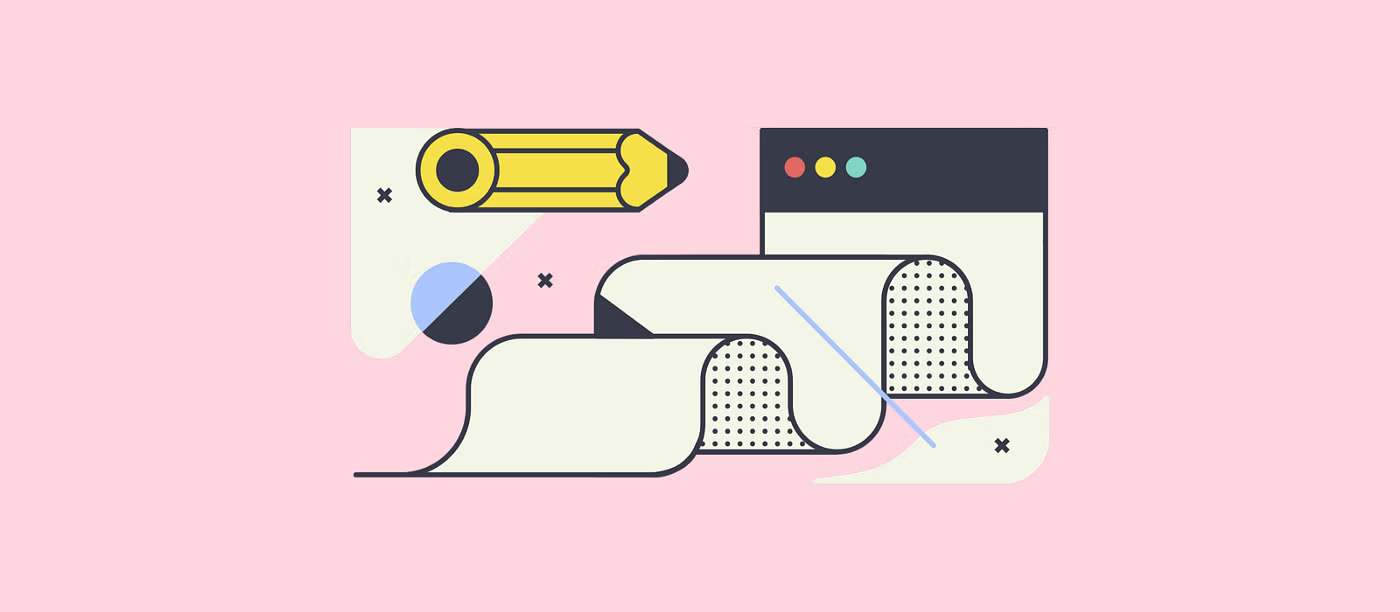
Social media platforms provide a convenient way for people to connect with friends and family and stay in the know of current events, but although there are some great benefits to social media, it can become very addictive very quickly and drain our time away if we aren’t intentional with the way that we use it.
The first step towards being more intentional with the way that we use social media is recognizing its broadening role in our lives. Only then can we understand the impact that social media is having on us and make positive changes in the way that we use it.
Let’s take a look.
How Social Media Platforms Are Fueling Our Addiction
While the digital revolution in general has given us the chance to communicate and connect with people in new ways, it’s also enabled us to become addicted to digital devices that suck us in; interfering with our lives and face-to-face relationships, affecting our mental health, and altering our behavior for the worst.
Social media in particular preys on the human nature to enjoy attention. Whenever someone interacts with us via likes, follows, or comments, our brain increases the hormone dopamine, which results in an instant boost of happiness; and when the effects of dopamine begin to wear off (which can happen rather quickly), we’re likely to feel disappointment and a lower sense of self-worth. The neverending ‘lack’ of dopamine coupled with how easy it is to ‘top it up’ rapidly becomes addictive.
Eventually, a few minutes on social media per day turns into several hours that would normally be spent on hobbies, many of which are likely to be better for our mental health than ‘doom scrolling’ (consuming endless amounts of media with no objective in mind). One of the symptoms of addiction, scientifically speaking, is neglecting day-to-day routines and responsibilities in favor of said addiction.
Social media platforms are not only aware of this but actively facilitate it in order to monetize our attention with advertisements. One of the ways they do this is by tweaking the algorithm that’s responsible for showing us content that we’re likely to interact with. In only a short amount of time, social media can become our only source of dopamine, leaving us feeling empty when we’re not using it and causing our brains to frenzy over what that emptiness could be filled with. Social media is free and very accessible, which is exactly what makes it so dangerous.

Letter
The Long-term Psychological Effects of Social Media Addiction
Putting aside the devastating toll that social media takes on our anxiety levels, it also prevents us from performing basic human functions such as going to work (or being productive at work at least), having decent conversations, and taking care of our health. The psychological effects of using social media are just as bad as the effects of not doing the things we’d normally do.
For example, the human mind has evolved over millions of years to seek connection, but social media isn’t a viable substitute for intimate, face-to-face conversations. Interacting with people on social media tends to create a sense of isolation, especially with how toxic and volatile social media is becoming. This is just one of the many ways that social media provides what the human brain needs but in a very unhealthy way that’s almost unnoticeable, and yet the impact on our psychological wellbeing is significant. In short, people that use social media are far more likely to feel lonely despite interacting with more people.
Social media has also made us obsessed with validation and popularity. We’re constantly comparing what we have or look like with that of other people, even though these online personas are often exaggerated or entirely fake.
The anxiety, isolation, and lack of self-worth eats away at our mental health so slowly that we’re unlikely to even notice it. Many people don’t realize how unhealthy their relationship with social media is until they’re forced to disconnect from it, after which they often see a noticeable increase in happiness, confidence, sleep, and productivity.
You Need to Take Control
While it’s super easy to see why people get addicted to social media, so many of us aren’t aware of our own addiction despite subconsciously picking up our phone at every opportunity. It’s become completely normal to have our phone with us at all times, even during sleep, and rationalize this behavior. Our devices, while useful and maybe necessary in today’s world, are virtually becoming a part of us.
But this doesn’t need to be the case.
If you find yourself trying to rationalize your social media usage, the best thing to do is stop using it temporarily. In fact, we can all benefit from doing this, not once but on a regular basis. Alternatively or after taking a social media break, consider creating boundaries that enable you to use social media in a much healthier way.
Don't allow social media to be your sole source of entertainment or communication. Use it as a supplement, a way to engage with your interests and relationships after doing so offline.
Watch what you share and how you share it while avoiding posts that could be considered negative. Ignore anything that makes you feel insecure or depressed.
Don’t check your social media obsessively or spend all of your time online. It’s possible to sustain a healthy social life and still get a lot of value from technology as long as you’re careful about how you use it, which might involve putting your phone away when you don’t need it, limiting the time you spend online to certain times of the day, or even uninstalling all social media apps from your smartphone.
Conclusion
Researchers have found that people who use social media tend to be less happy than those who don’t. The continual reward of likes/follows/comments can lull us into a cycle of engaging with social media in ways that just aren’t good for our wellbeing. But like with any addiction, such as unhealthy food addiction, an initial ‘social media detox’ followed by limiting our activity thereafter can help us retrain ourselves to use social media, this time in a healthy way.
The process of limiting your social media use will take time, but be very rewarding. In time, you’ll feel more satisfied when you look at your phone and realize that you haven’t been scrolling, checking notifications, and responding to posts constantly (and to no significant benefit). You’ll also feel better about yourself and your mental health since you’ll get to spend more time with your friends and family (or more importantly, they’ll get to spend time with you), and you’ll start to think of the time that you do spend on social media as productive again (e.g. keeping up to date with what’s happening in the world, and so on).




